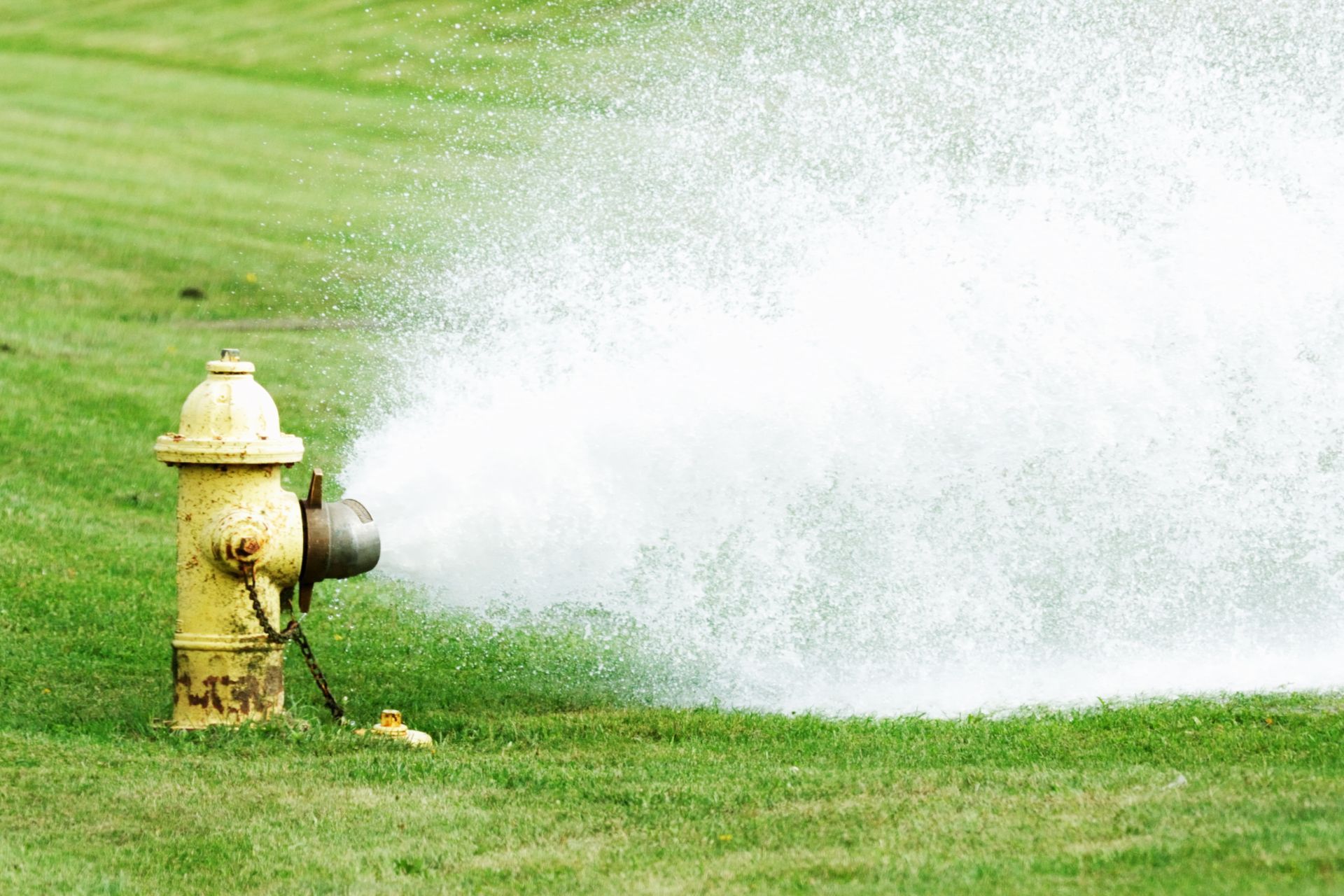Premature Ejaculation: The Causes, Treatment and Support

Understanding Premature Ejaculation: Causes, Treatment, and Support
Premature ejaculation (PE) is one of the most common sexual concerns in males, yet it is rarely talked about openly. Many males experience it at some point in their lives, but when it happens regularly, it can cause frustration, affect confidence, and even put strain on intimate relationships.
The good news? Premature ejaculation is very common and treatable. Let’s break down what it is, why it happens, and how it can be managed.
What is premature ejaculation?
Premature ejaculation is when ejaculation occurs sooner than you or your partner would like, often within a minute of penetration or even before penetration begins. For some males, it happens occasionally; for others, it’s a consistent pattern that impacts sexual satisfaction.
It’s important to know that there is no “perfect time” that sex
should last. PE is usually defined not just by timing, but by whether it causes distress or difficulty in sexual relationships.
Why does premature ejaculation happen?
- There isn’t just one cause — PE can result from a combination of physical, psychological, and behavioural factors.
- Pelvic floor muscle involvement: Overactive or tense pelvic floor muscles can lead to reduced control and quicker ejaculation.
- Psychological factors: Anxiety, stress, performance pressure, or even relationship concerns can all play a role.
- Learned patterns: Rushing during sex or masturbation (for example, due to fear of being caught in adolescence) can become a habit that carries into adulthood.
- Medical factors: Hormonal changes, nerve sensitivity, or underlying health conditions may contribute.
How can premature ejaculation be treated?
Treatment usually combines physical and psychological strategies. Here are some of the most effective approaches:
- Pelvic floor physiotherapy
Learning to identify, relax, and retrain pelvic floor muscles can improve control. Many males with PE actually have an overactive pelvic floor rather than a weak one. - Breathing and body awareness
Deep breathing and mindfulness techniques can reduce muscle tension and help manage arousal levels. - Behavioural techniques
Methods such as the “stop-start” technique or “squeeze” technique, when practiced with guidance, can gradually improve control. - Psychological support
Addressing anxiety, stress, or negative thought patterns around sex can make a big difference. Sometimes, working with a psychologist or sex therapist alongside physiotherapy provides the best outcomes. - Medical options
In some cases, doctors may suggest medication (such as topical numbing creams or certain oral medications) if conservative strategies aren’t enough on their own.
Why seeing a professional helps
Many males try to manage PE on their own but don’t see lasting improvement. A pelvic floor physiotherapist can assess muscle activity, teach you how to use (and relax) your pelvic floor effectively, and guide you through strategies tailored to your body and situation.
If anxiety or relationship strain is part of the picture, working alongside a sexual health psychologist or counsellor can be very effective.
Conclusion
Premature ejaculation is common, treatable, and nothing to be ashamed of. If it’s causing frustration or stress in your life, know that help is available — and you don’t have to put up with it alone.
Taking the first step to speak with a professional can make all the difference in regaining control, confidence, and satisfaction in your sexual health.
More from the blog







